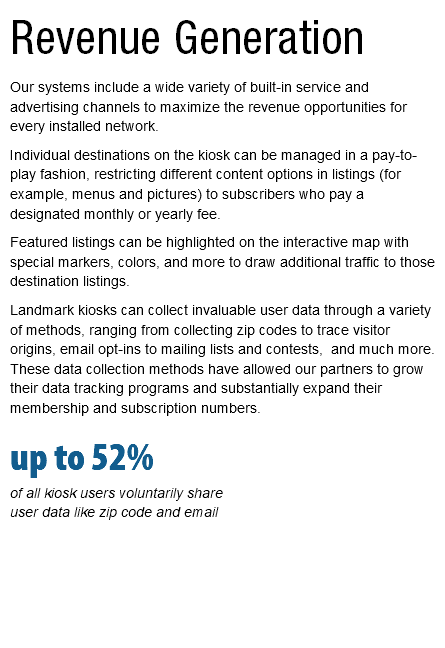Understanding Irrevocable Trust Loan Lenders: What You Need to Know
#### Irrevocable Trust Loan LendersIrrevocable trust loan lenders are financial institutions or entities that provide loans secured by assets held in an irr……
#### Irrevocable Trust Loan Lenders
Irrevocable trust loan lenders are financial institutions or entities that provide loans secured by assets held in an irrevocable trust. An irrevocable trust is a type of trust that cannot be altered or revoked by the grantor once it has been established. This characteristic makes it a powerful tool for estate planning, asset protection, and tax minimization. However, it also presents unique challenges when it comes to accessing credit.
#### What is an Irrevocable Trust?
An irrevocable trust is a legal arrangement where the grantor transfers ownership of assets into the trust, effectively removing them from their personal estate. Once assets are placed in this type of trust, the grantor cannot change the terms or reclaim the assets. This permanence provides various benefits, including protection from creditors, reduction of estate taxes, and ensuring that the assets are distributed according to the grantor’s wishes after their death.
#### Why Use an Irrevocable Trust Loan?
Individuals might seek loans from irrevocable trust loan lenders for several reasons. One common scenario is when beneficiaries of the trust need liquidity but do not want to disrupt the trust’s structure or deplete its assets. By securing a loan against the trust’s assets, beneficiaries can access funds without triggering tax consequences or affecting the trust’s integrity.
#### How Do Irrevocable Trust Loan Lenders Operate?
Irrevocable trust loan lenders typically assess the value of the assets held in the trust to determine the loan amount. The process involves several steps:

1. **Valuation of Trust Assets**: Lenders will evaluate the assets in the irrevocable trust, which may include real estate, stocks, bonds, or other investments.
2. **Loan-to-Value Ratio**: Based on the valuation, lenders will establish a loan-to-value (LTV) ratio, which dictates how much they are willing to lend against the trust’s assets.
3. **Terms and Conditions**: Once the valuation and LTV ratio are determined, lenders will outline the terms of the loan, including interest rates, repayment schedules, and any collateral requirements.
4. **Approval Process**: After reviewing the trust documents and conducting due diligence, lenders will approve the loan if all criteria are met.
#### Benefits of Using Irrevocable Trust Loan Lenders
Utilizing irrevocable trust loan lenders offers several advantages:

- **Asset Protection**: Loans secured by trust assets do not expose personal assets to creditors, providing a layer of protection.
- **Tax Benefits**: Loans may not trigger immediate tax liabilities, unlike distributions from the trust.
- **Flexibility**: Beneficiaries can access funds for various purposes, including investments, purchasing property, or covering personal expenses, without liquidating trust assets.
#### Considerations When Seeking a Loan
While there are many benefits, there are also considerations to keep in mind:
- **Interest Rates**: Compare rates from different lenders to find the most favorable terms.

- **Lender Reputation**: Research the lender’s history and reviews to ensure they are reliable and trustworthy.
- **Trust Terms**: Understand the terms of the trust, as some may have restrictions on borrowing against trust assets.
- **Legal and Financial Advice**: Consult with legal and financial advisors to navigate the complexities of irrevocable trusts and ensure compliance with all regulations.
#### Conclusion
In summary, irrevocable trust loan lenders play a crucial role in providing liquidity to beneficiaries while preserving the integrity of the trust. Understanding how these lenders operate, the benefits they offer, and the considerations involved is essential for anyone looking to leverage the assets held in an irrevocable trust. By doing so, beneficiaries can effectively manage their financial needs without compromising their long-term estate planning goals.